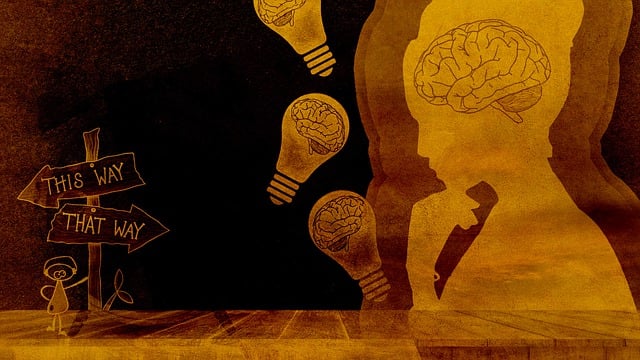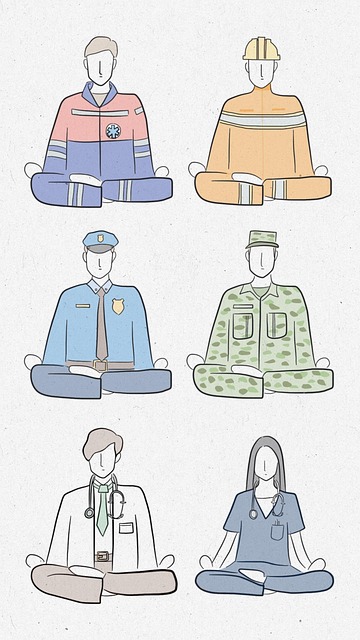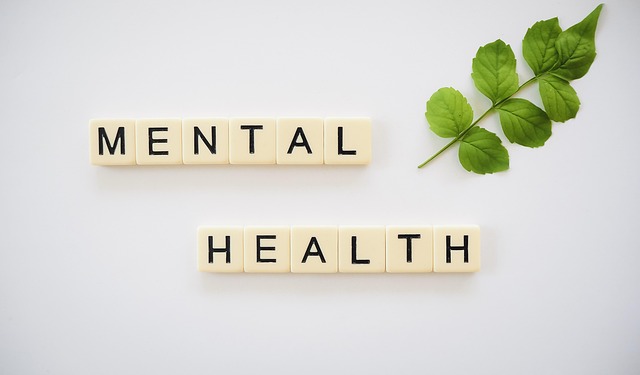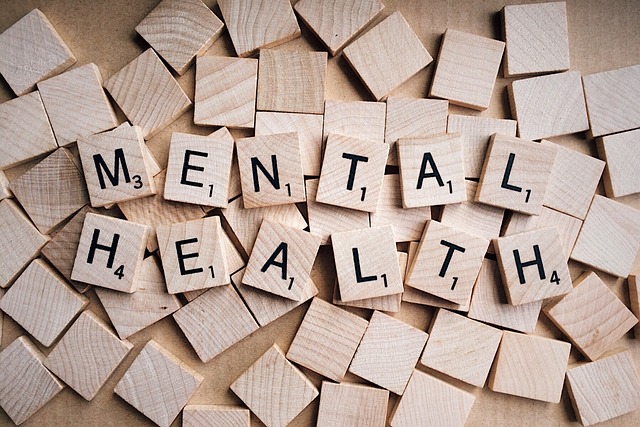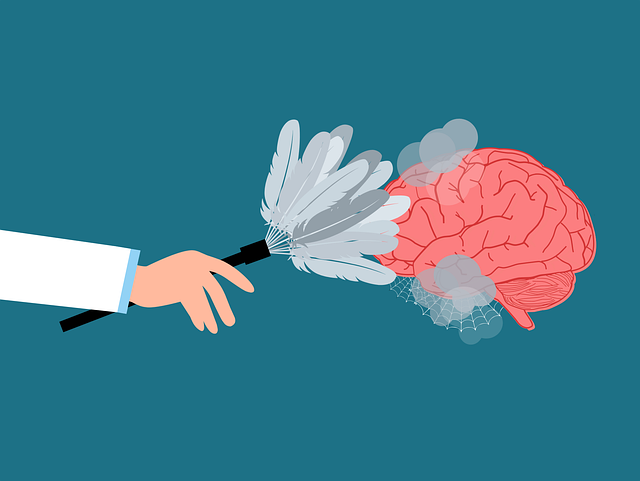Recognizing depression in adolescents is crucial during rapid brain development and identity formation. Common symptoms include persistent sadness, loss of interest, changes in appetite/sleep, worthlessness, and concentration issues. Early therapy, such as cognitive-behavioral therapy (CBT) or interpersonal psychotherapy (IPT), coupled with grief counseling for trauma or loss, equips teens with healthy coping mechanisms. Cultural competency training ensures tailored support for diverse populations. Depression prevention involves tailored approaches like CBT and mindfulness practices, empowering teens to challenge negative thoughts and build inner strength. Integrating counseling into daily routines offers long-term support, enhancing resilience and overall mental health.
Depression among adolescent teens is a growing concern, but proactive strategies can help prevent and manage this pervasive issue. This article explores critical aspects of depression prevention, focusing on recognizing depressive symptoms in teens, effective therapy approaches tailored for grief and depression, and the power of integrating counseling into daily routines for long-term emotional well-being. By understanding these strategies, parents, caregivers, and educators can equip teens with the tools needed to thrive.
- Recognizing Depression in Adolescent Teens
- Effective Therapy Approaches for Grief and Depression
- Integrating Counseling with Daily Routines for Long-Term Support
Recognizing Depression in Adolescent Teens

Recognizing depression in adolescent teens is a crucial step toward effective prevention and treatment. During adolescence, emotional healing processes can be particularly challenging due to rapid changes in brain development, social pressures, and identity formation. Teens often struggle with managing their emotions, especially when dealing with significant life events or prolonged stress. Symptoms may manifest as persistent sadness, loss of interest in activities once enjoyed, changes in appetite or sleep patterns, feelings of worthlessness, and difficulty concentrating.
Early intervention is key to preventing the progression of depression. Therapy for adolescent teens, such as cognitive-behavioral therapy (CBT) or interpersonal psychotherapy (IPT), can help them develop healthy coping mechanisms and conflict resolution techniques. Grief counseling is also essential, as loss and trauma can significantly contribute to depressive episodes. Additionally, healthcare provider cultural competency training ensures that professionals are equipped to recognize and address the unique needs of diverse adolescent populations, fostering a supportive environment for emotional healing.
Effective Therapy Approaches for Grief and Depression

Depression prevention strategies often begin with effective therapy approaches tailored to address grief and depression, particularly in adolescent teens. Grief counseling has proven to be a powerful tool for processing emotions related to loss and trauma. By fostering an open and supportive environment, therapists help young individuals explore their feelings, develop coping mechanisms, and build inner strength. This process not only supports burnout prevention but also encourages self-esteem improvement, which is crucial for long-term mental well-being.
Specialized therapy sessions can delve into cognitive behavioral therapy (CBT), mindfulness practices, and other evidence-based methods. CBT equips teens with tools to challenge negative thought patterns and replace them with more positive and realistic perspectives. Mindfulness encourages present-moment awareness, helping individuals detach from overwhelming emotions and cultivate a sense of calm. These therapeutic interventions not only alleviate symptoms of depression but also promote resilience and better emotional regulation, ultimately contributing to the overall mental health and growth of adolescent teens.
Integrating Counseling with Daily Routines for Long-Term Support

Integrating counseling into daily routines can provide long-term support for depression prevention, especially in adolescent teens grappling with grief. Regular therapy sessions equip individuals with coping mechanisms and emotional tools tailored to their unique experiences. By seamlessly incorporating these practices into everyday life, teens can cultivate resilience and enhance their overall mental health.
This proactive approach aligns with the broader goals of Mental Health Policy Analysis and Advocacy, emphasizing the importance of early intervention and continuous care. It also contributes to Mental Health Awareness efforts by demonstrating practical ways to promote emotional well-being. Through consistent engagement in therapy, even after initial grief has subsided, teens can learn to manage stressors and maintain their mental health balance, fostering a sense of stability and resilience for life’s challenges.
Depression prevention among adolescent teens involves a multi-faceted approach. By recognizing the signs early and providing effective therapy, such as grief counseling, we can significantly support young individuals navigating mental health challenges. Integrating counseling into daily routines offers long-term benefits, ensuring teens receive continuous support tailored to their unique needs. With the right strategies in place, we can empower adolescents to lead healthier, happier lives. For parents, caregivers, and educators, staying informed about these prevention methods is crucial in fostering a supportive environment for teen mental well-being.
